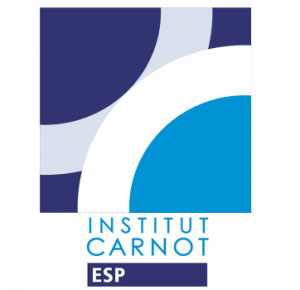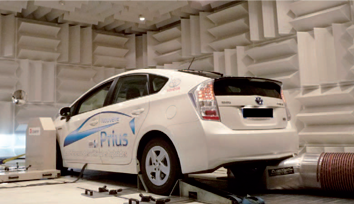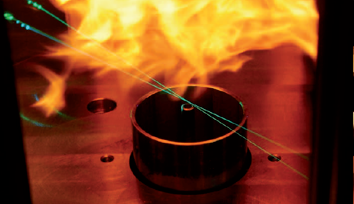Energy and Powertrain Systems
The Carnot ESP institute brings together academic research laboratories and technology transfer centers to tackle issues linked to the optimization of energy and propulsion systems.
The Carnot ESP institute supports regional industries such as Normandie AeroEspace and Energies Haute-Normandie.
Its teams are also involved in R&D projects at the MOV’EO, Aerospace Valley, ASTech, Nov@log, TES and System@tic competitiveness clusters…








